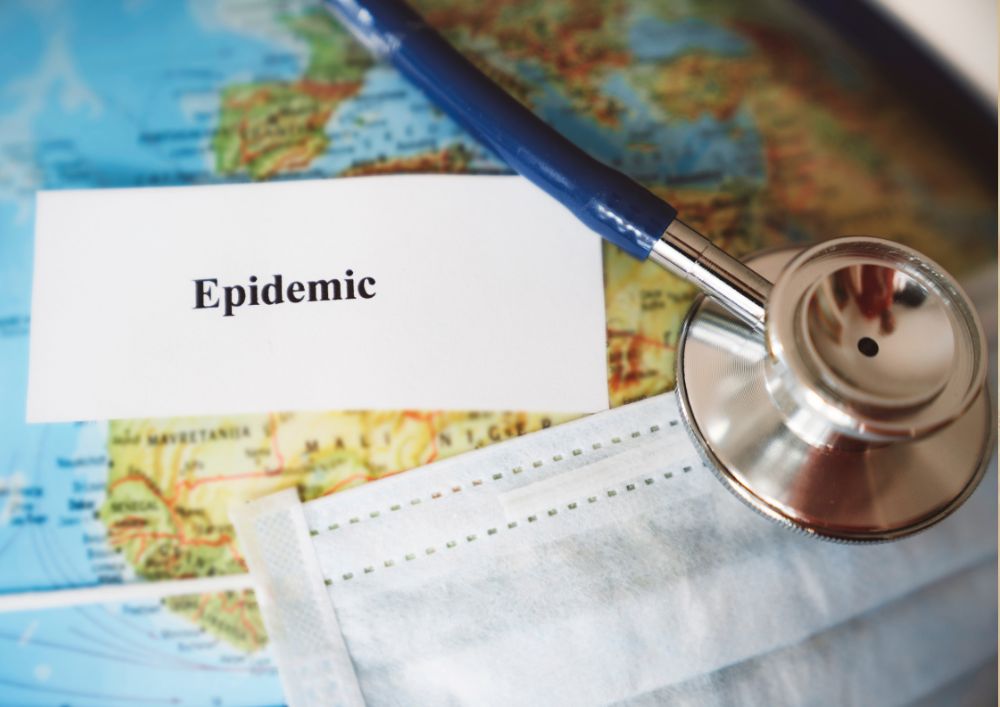
Unknown Congo disease: malaria hypothesis increasingly concrete
The first confirmations on the link between the mysterious Congo disease and a form of malaria come from Italy, while investigations are intensifying to clarify the origin of the outbreak that has caused dozens of deaths
There is a growing hypothesis that a highly contagious form of malaria is behind the unknown disease that has struck a remote province in the Democratic Republic of Congo. The first investigations conducted in Italy into the death of a 55-year-old man living in the Treviso area, who had recently returned from a trip to the affected area, have confirmed this thesis.
Today, the president of the Lazio Region, Francesco Rocca, declared that ‘from the first findings it seems to be malaria’, although the doctors of the Spallanzani Institute are waiting for the definitive results of the examinations. This Italian case seems to confirm what had been hypothesised by the Congo health authorities, who had advanced the suspicion that the outbreak responsible for more than 30 deaths and more than 400 contagions was linked to a particularly aggressive form of malaria.
In recent weeks, the mysterious disease has struck a remote area about 700 kilometres from the capital Kinshasa, in a region characterised by poor health infrastructure and difficult connections. The situation is made even more critical by the lack of adequate local medical resources to manage an epidemic of such proportions. The Congo authorities are monitoring the evolution of the outbreak and have requested international assistance to stem the spread of the disease.
According to the 2021 WHO report, malaria is still a major global health threat, with 247 million new cases recorded worldwide, 95 per cent of them in Africa. The disease, caused by the parasite Plasmodium, is transmitted through the bite of infected mosquitoes of the genus Anopheles. If not treated promptly, it can evolve into serious forms, such as cerebral malaria, with a high mortality rate.
The Italian Ministry of Health has started a careful surveillance of possible cases of malaria imported into the country, particularly among travellers returning from tropical areas. Although malaria has been eradicated in Italy for decades, the presence of mosquitoes of the genus Anopheles raises concerns about a possible local reappearance, especially in a context of climate change that favours rising temperatures and the expansion of mosquito vectors’ habitats.
Anopheles mosquitoes, historically responsible for the spread of malaria in Italy, have recently been detected in some southern regions. However, according to the Istituto Superiore di Sanità, there are no signs of an imminent risk of local epidemics.
THE LATEST NEWS
-

 News18 ore ago
News18 ore agoTerremoto a Catania oggi, scossa 4.5 sull’Etna: scuole chiuse
-

 Primo Piano20 ore ago
Primo Piano20 ore agoMojtaba Khamenei Guida Suprema Iran, emergono cure per impotenza nel Regno Unito
-

 News18 ore ago
News18 ore agoTrapianto con cuore danneggiato, funerali oggi a Nola per il piccolo Domenico
-

 Meteo18 ore ago
Meteo18 ore agoClima primaverile in Italia con 20°C grazie all’anticiclone, attenzione alla nebbia






















